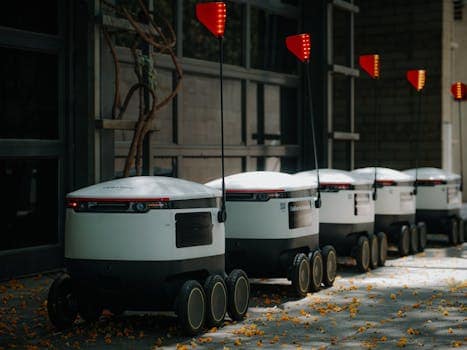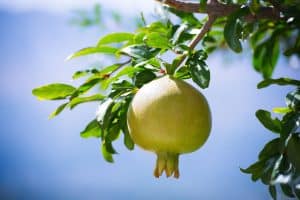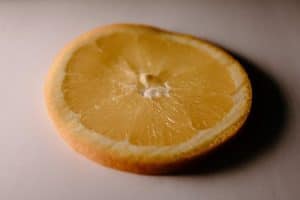AI in Food Production: Innovations and Challenges
When we think of artificial intelligence (AI), we might imagine futuristic robots and high-tech gadgets. But AI is more than just a science fiction concept – it has already made its way into various industries, including food production. From optimizing processes to improving food safety, AI has brought numerous innovations and advancements to the food production industry. However, it also presents some unique challenges that must be addressed in order to fully reap its benefits. In this article, we will explore the current state of AI in food production, its impact, and the challenges it faces.
The Role of AI in Food Production
AI, or the ability of machines to mimic human intelligence, has become increasingly popular in the food production industry. It involves the use of algorithms and computer programs to perform tasks that usually require human intelligence. Some of the key areas where AI is being implemented in food production include:
1. Quality control and inspection
With AI-powered machines, food manufacturers can automate quality control and inspection processes. This allows for more precise and efficient monitoring of products, reducing the chances of defective or contaminated food reaching consumers.
2. Predictive maintenance
AI also plays a crucial role in predictive maintenance, which involves using data and algorithms to anticipate equipment failures and perform maintenance before any issues arise. This helps food manufacturers minimize downtime and avoid costly repairs.
3. Supply chain optimization
The food production process involves numerous stages and players, making it susceptible to inefficiencies and errors. AI can analyze data from various sources, such as weather forecasts and customer demands, to optimize the supply chain and reduce wastage.
Achievements of AI in Food Production
AI has already brought a multitude of benefits to the food production industry. Some of the notable achievements include:
1. Improving food safety
The use of AI in quality control and inspection processes has significantly improved food safety. It can detect contaminants, defects, and other safety issues that might be missed by human inspectors.
2. Enhancing productivity and efficiency
By automating tasks and optimizing processes, AI can lead to increased productivity and efficiency in food production. This allows manufacturers to produce more food in a shorter amount of time, meeting growing demand.
3. Reducing costs
AI can help food production companies cut costs through predictive maintenance, supply chain optimization, and other efficiency-boosting measures. This allows them to offer competitive prices while maintaining profitability.
Challenges Facing AI in Food Production
Despite the numerous benefits, AI also poses some challenges in the food production industry. These include:
1. Reliance on data
AI systems rely heavily on data to make decisions and perform tasks. Without sufficient, high-quality data, these systems may not be able to function effectively. This poses a challenge for smaller food production companies that may not have access to large amounts of data.
2. Lack of standardization
The food production industry is highly regulated, which means that AI systems must adhere to strict standards and regulations. However, the lack of standardization in AI itself makes it challenging for companies to ensure compliance.
3. Cost of implementation
Implementing AI in food production requires significant investment in terms of equipment, software, and training. This can be a barrier for smaller companies or those with limited resources.
The Future of AI in Food Production
Despite the challenges, the future of AI in food production looks promising. As technology advancements continue, AI systems will become more powerful and cost-effective, making them more accessible to a wider range of companies. We can expect to see even more significant improvements in food safety, efficiency, and sustainability as AI continues to evolve in this industry.
Conclusion
AI is no longer just a concept – it is revolutionizing the food production industry and bringing about significant improvements and advancements. However, it also poses some unique challenges that must be addressed to fully capitalize on its potential. As we continue to navigate the ever-changing landscape of food production, it is essential to stay updated on the latest developments and innovations in AI to ensure its responsible and effective implementation.








